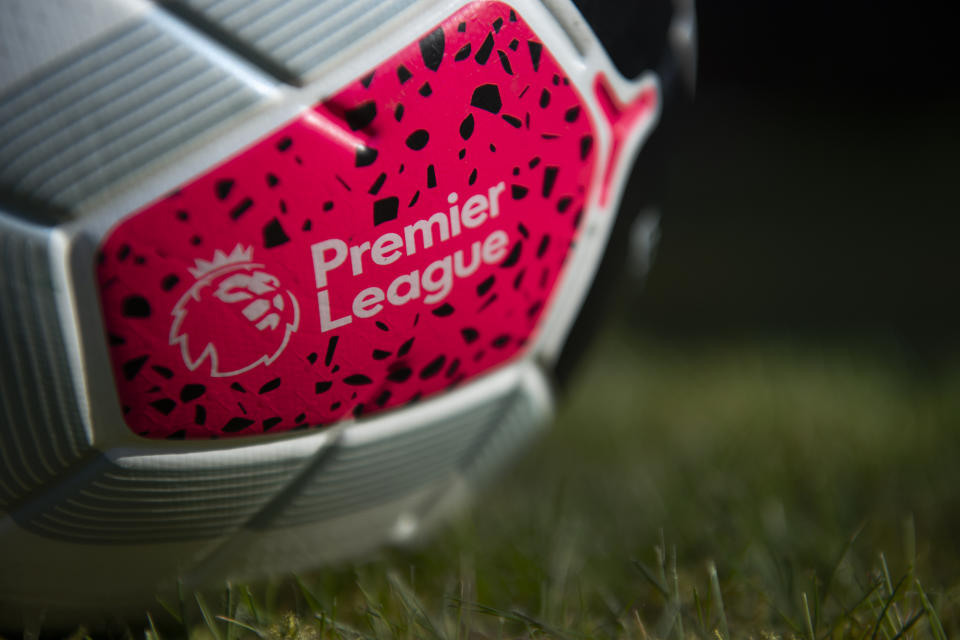Why coronavirus could change the way we watch the Premier League — for the better
Since its formative years in the late 19th century, when the English upper classes first codified its rules, soccer has gone through a lot of changes.
Some of the biggest changes, however, are evolving as a result of the current coronavirus pandemic.
With no revenue and continued costs, soccer teams around the world find their very existence threatened. Even a behemoth like Barcelona has enforced a 70% pay cut on players and furloughed non-playing staff in an effort to keep the lights on at the Camp Nou.
The COVID-19 outbreak may also affect the manner in which the sport is played, when it finally returns. It is commonplace for professionals to shake hands, celebrate with rigorous body contact and interact with fans in their community. The reticence to come into close quarters with others could have a lasting effect.
It’s also likely that the manner in which we all watch soccer will change. And for international fans who love the Premier League, there could actually be a silver lining to this situation, due to the manner in which the TV rights deals are currently being negotiated.
According to The Athletic, Premier League clubs will face a bill of around $962 million if the 2019-20 season is not completed, due to unfilled matches for domestic and international TV broadcasters.

Furthermore, Rob Draper of the Daily Mail reports that the world’s most popular league would owe $468 million alone to Sky Sports, one of the two main domestic rights holders in the UK.
Even if the season is finished in a hurried fashion — there are talks of playing up to four games a day at Wembley Stadium to ensure the campaign is completed — there will still be a significant shortfall for TV broadcasters.
In the UK, for example, it costs the equivalent of $60 per month to watch the Premier League’s live matches. The broadcasters are not currently charging subscribers for sports packages (many have unsubscribed from their services anyway), and they cannot attract advertisers.
A conclusion to the Premier League will help, but it will not make up for the losses.
However, there are also reports that the domestic rights holders will not seek compensation for matches they have missed. Instead, they will seek extra value next season, which is the final year of the current domestic rights deal.
Here’s where fans in the United States will benefit — and our way of watching games will change.
U.S. viewers already have access to every Premier League game via NBC’s Premier League pass, which is only $54.99 per season compared to the $60 per month UK viewers pay for far fewer games.
However, in order to broadcast more games to appease domestic partners, it’s likely the Premier League will stagger kickoff times. There’s a chance no games next season will kick off simultaneously.
Potentially, there could be Premier League soccer on TV seven days per week.
For the traditionalists, and those who attend live games, this development has its drawbacks. But for those who watch from afar on flatscreen TVs, it is highly beneficial.
Such changes could cause a permanent cultural shift in English sports. Pandemics withstanding, it is perfectly normal to see live sports on television most nights of the week in the U.S. This is not the case in the UK, where the gradual introduction of domestic soccer on Sundays, Mondays and Fridays was initially met with resistance.
If viewing habits are changed by next season’s effort to appease the broadcasters, however, it could force permanent change.
In an age where El Clasico is rescheduled to an untraditional time slot to suit Asian markets, it is reasonable to expect the Premier League to bow to the demands of its domestic and international broadcast rights holders. Particularly as the league is currently indebted to them.
Live Premier League soccer may be a distant concept at this moment in time, but when it returns, it may be easier to see more of it than ever before.
More from Yahoo Sports:



